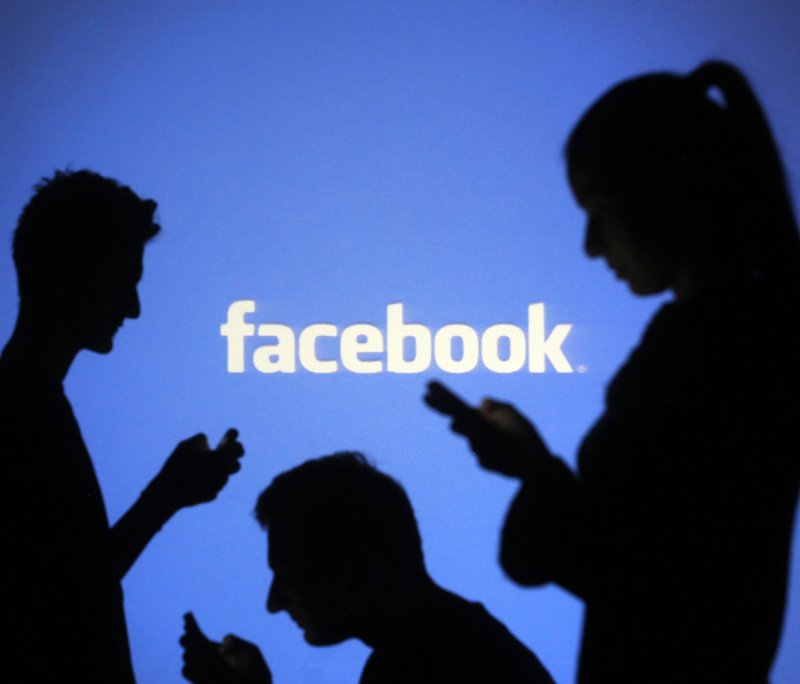Constantine, London- After South Korea and China, a center in Constantine in eastern Algeria is treat internet addicts. The center is the first of its kind in Africa and the third in the world.
Faisal, a radiologist from eastern Algeria, recalled his severe addiction to the virtual world, and asserted that internet paralyzes humans who are not vigilant about this world’s dangers.
Faisal, 48, (Faisal is a fake name used during the treatment) who is being treated from addiction to the internet in a rehab center in Constantine told AFP his story with the modern virtual drug which led him and his family to poverty.
Opened in 2012 to treat addictions to drugs, alcohol and tobacco, this center hosted since last year, patients from ages ranging between 13 to 63 years who suffer from Internet addiction to Facebook, Instagram or Twitter.
Faisal, a married man, and father of two, bought a new smartphone that gradually separated him from his family; he also neglected his work because of constant fatigue.
He said that at first, he didn’t tell his wife that he used to go to the cybercafé from 4pm to 8pm. Then he used to go home and lock himself in the room facing the screen until 5am.He admitted that he faced difficulties in examining patients. “I had terrible migraines because of the screen,” says Faisal, adding that he lacked appetite, had no social life and could no longer work.
One day, he headed to the pharmacy to bring medicine to his sick mother, but, instead he spent four hours at the cybercafé. In another incident, he forgot to pick up his daughter from her studies. “My wife decided to divorce. I had to choose: my family or the internet”, he said.
The internet addict began his therapy at the end of 2016 and met other people suffering from the same case. “We exchanged our experiences, it’s a lifesaver,” he admits, stressing the need to be helped by professionals to quit.
Today, Faisal uses screens only five hours a day and no longer goes to the cybercafé. His personal and professional situation has improved but he still suffers from chronic migraine.
Mariam, 42, suffered from depression after the death of her husband. The Internet became her only mean to fill her loneliness. She said that she neglected her family, lacked appetite, and only cared about screens. She left her social circle and lived in a virtual world. Mariam is being treated at the center since January. She regulated her bed timing, and she feels better now.
Experts say that connecting to the internet for more than 38 hours per week out of work shifts is considered an addiction. Psychologist Sihem Hemadna said that almost 80 percent of the signs of addiction to the internet and drugs are similar.
Experts in the center regret the absence of studies on this matter, which is not yet considered a disease by the World Health Organization. Therefore, they use behavioral treatments in these cases.
The center’s director Raouf Boughefa, who had the idea of treatment, hoped his institution would become a data bank to help researchers.
According to experts, awareness and prevention are the key factors to fight this phenomenon. However, the mission seems difficult especially in a country that lacks entertainments means, especially in rural areas.
